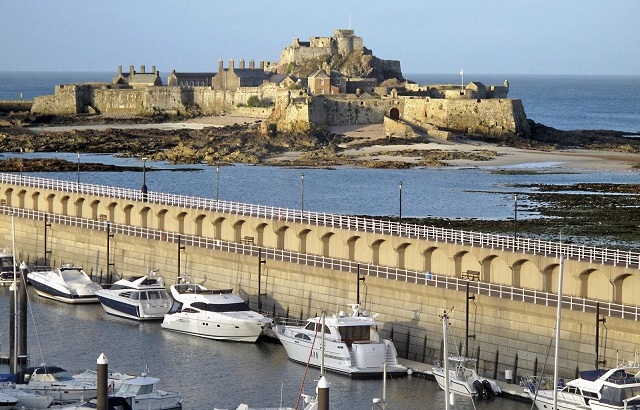Writing in The Times newspaper, Mark Littlewood, director-general of the Institute of Economic Affairs (IEA), said that Jersey’s success in negotiating deals with the EU over the years could provide lessons for the UK.
“The island has legislative independence. It is outside the EU’s disastrous agriculture and fisheries regimes,” Littlewood wrote.
The IEA chief argued that the UK should follow the example on its doorstep and only bring itself in line with EU regulations when it is in its interests to do so.
“Jersey is not obliged to implement EU regulations on issues such as capital movements or money laundering, although it often chooses to do so.
“In terms of sovereignty, therefore, there are a number of comparisons with the likely constitutional position of the UK post-Brexit.”
Right approach
Littlewood also praised the crown dependency’s low-tax economic model “for promoting growth, wealth and opportunity,” as well as its approach to generating a budget surplus and planning for long-term issues, such as the ageing population, decades in advance.
The analyst observed how in recent decades Jersey has moved away from being overwhelmingly dependent on agriculture and tourism to become an affluent financial services hub, with this sector now accounting directly for about 50% per cent of its GDP and contributing “measurably more” than half of the tax collected.
“If we are interested in the sort of approach that can lead to higher incomes and a buoyant environment for business, we could do a lot worse than seek to emulate our tiny cousin in a number of ways,” Littlewood wrote.
“Average incomes are getting close to £40,000 ($52,796, €44,369) per annum, compared with less than £30,000 in the UK.”
Business friendly
The British tax system, Littlewood wrote, “often seems geared towards squeezing the maximum amount out of the private sector”.
On the contrary, one of the reasons behind Jersey’s financial virtuosity lies in its tax structure and pragmatic approach to fiscal policy, which has not been to prioritise higher state revenues above all considerations.
Super-high earners, for instance, face a very low rate on earnings, once they’ve already contributed a bit more than £100,000 a year in tax.
“The aim has been to attract high-value, low-maintenance contributors to the Island with the objective of further boosting the private side of the economy rather than punishing them for their success,” the free-market advocate wrote.
“Once we have finally extracted ourselves from the EU, [Jersey] could play a more important role in our national life by providing a lesson in how a prudent, low-tax economy can generate growth and wealth.”








